FDA Accepts Supplemental Drug Application for Crizotinib as Pediatric Cancer Cell Treatment
By Adam Hochron
October 23, 2020
The FDA has accepted a supplemental New Drug Application and priority review for crizotinib as a treatment for children with relapsed or refractory systemic anaplastic large cell lymphoma that is anaplastic lymphoma kinase-positive.
According to a press release from the manufacturer, the application was based on results from a phase 1/2 study evaluating the maximum dose for safety and tolerability. 
“Despite high survival rates for children with ALK-positive anaplastic large cell lymphoma, many will relapse, requiring novel treatment approaches,” said Chris Boshoff, MD, PhD, Chief Development Officer, Oncology, Pfizer Global Product Development. “Given Xalkori’s proven efficacy in ALK-positive lung cancer and activity seen in clinical trials investigating relapsed or refractory ALK- and ROS-1 positive anaplastic large cell lymphoma, if approved, Xalkori could represent an important step toward improving outcomes for children with this type of cancer.”
The safety of crizotinib was evaluated in a phase-3 study with previously untreated patients with ALK-positive metastatic NSCLC, comparing results to chemotherapy. The release noted that serious adverse events were reported in 34% of patients in the crizotinib arm. The most common adverse events were dyspnea and pulmonary embolism.
Fatal adverse events occurred in 2.3% of patients, including septic shock, acute respiratory failure, and diabetic ketoacidosis.
Among the more common adverse reactions, vision disorders were reported in 71% of patients in the crizotinib arm, compared to 10% in the chemo arm.
Grade 3/4 reactions occurring at a ≥2% higher incidence with the treatment versus chemo were QT prolongation, esophagitis, and constipation.


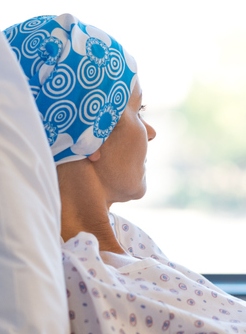




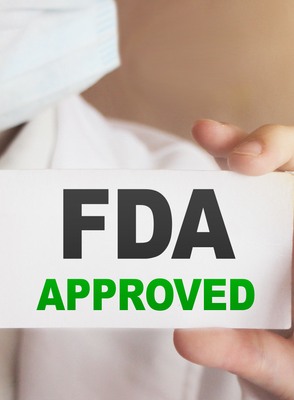
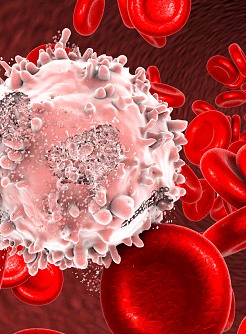




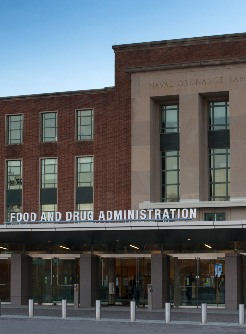

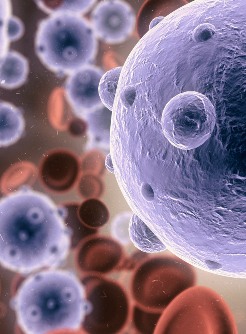
.jpg)



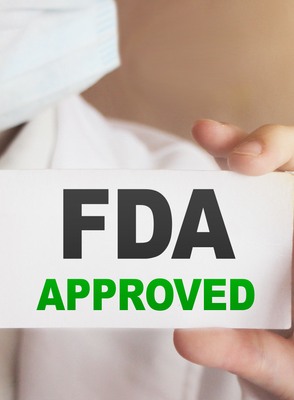

.jpg)



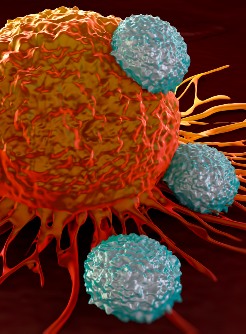


.jpg)
.jpg)
.jpg)
.jpg)
.jpg)
.jpg)
.jpg)

.jpg)
.jpg)